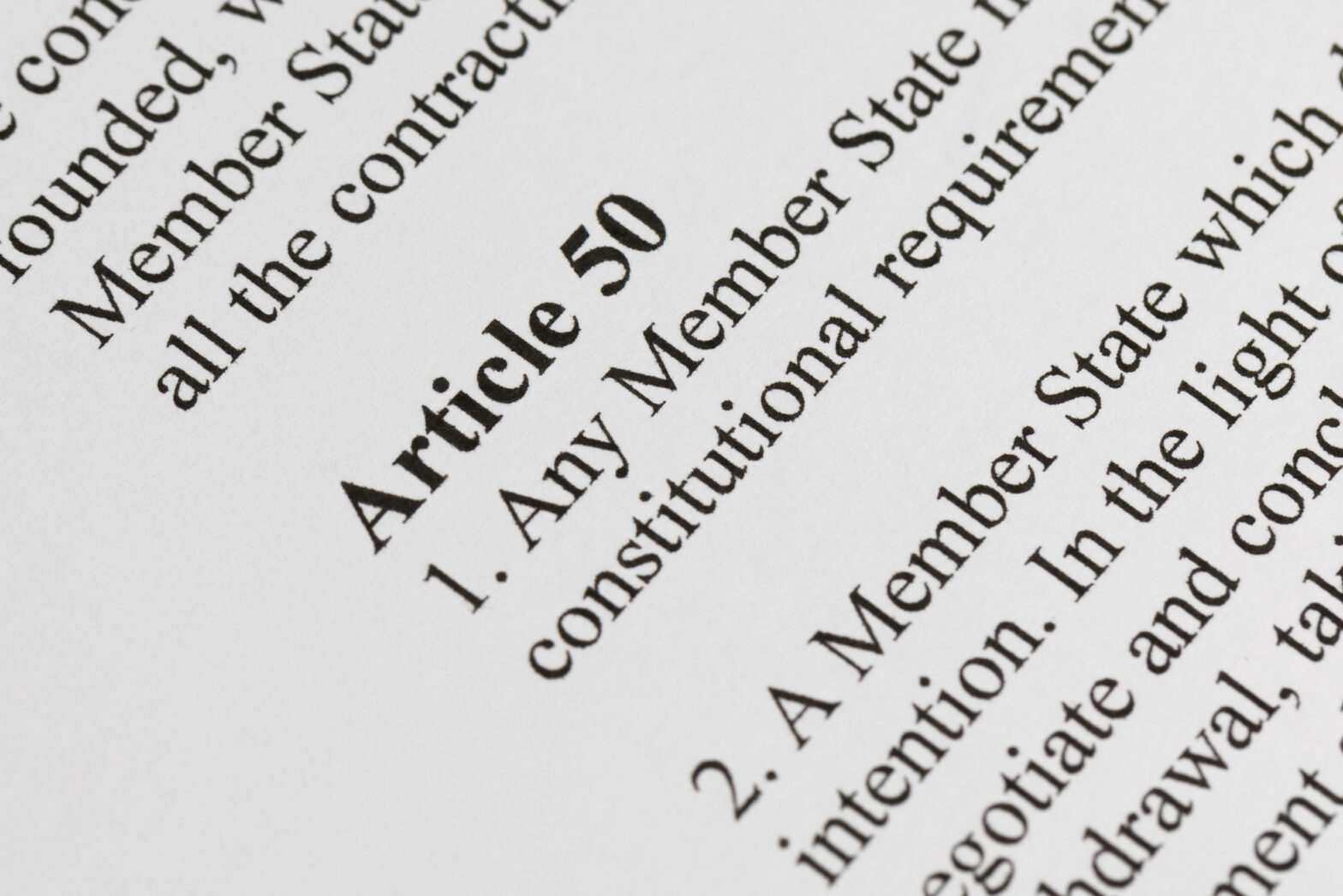The triggering of Article 50 means the UK now has two years to negotiate exit terms with the EU, with plans to reach an agreement by March 2019. While no official changes will take place until then, businesses are beginning to think about the impact of Brexit and how they will need to adapt to leaving the single market.
So, what does this mean for SMEs? Here, we’ve outlined some of the key ways small businesses will be impacted by leaving the EU, and what sort of changes they may need to make now that Article 50 has been invoked.
What is the single market?
The single market is basically the core of the EU. It allows all EU member countries to enjoy the ‘four freedoms’, which are the free movement of goods, services, capital, and people. Countries can trade with each other without paying tariffs, and people can work and live in EU countries without needing a visa or work permit.
EU countries must also adhere to the same rules and regulations surrounding aspects related to these four freedoms, such as food standards, employment laws, and environmental guidance.
Small businesses and trade
While we won’t know exactly what will happen until an agreement has been reached, leaving the single market will mean the trade relationship between the UK and EU countries will change. Goods that move in and out of the UK could be subject to tariffs, meaning it will cost more to import from and export goods to Europe.
According to the FSB (Federation of Small Businesses), of the UK’s small businesses that export and import goods,92 per cent export to Europe and 85 per cent import from EU countries. If these processes are subject to tariffs, the cost on both sides of the border could increase significantly.
If this should happen, small businesses may need to raise prices or alter their suppliers and target customers. Because the UK will be free to negotiate independent trade deals with other countries, such as India, China, Canada and the US, SMEs could consider shifting focus out of the EU, or focusing on trading within the UK.
Small businesses and free movement
According to the FSB, of its members who have employees, 21 per cent employ non-UK EU citizens. As the UK government hasn’t guaranteed European citizens in Britain the right to remain living and working as they currently do, the future is uncertain for both workers and their employers.
Halting the free movement of people may also have an impact on the future employment landscape in the UK. Of the EU citizens working for UK small businesses, 32 per cent are in highly-skilled positions, 47 per cent are in mid-skilled positions and 21 per cent fill low-skilled roles. Changing the rights for EU citizens to work freely in the UK could limit access to a skilled workforce.
Some believe this would allow for more focus on strengthening the workforce in the UK. Small businesses might consider investing in apprenticeship programs, to help build homegrown talent and prepare employees for internal progression.
Small businesses won’t truly know how the split will affect them until a deal has been reached, but the triggering of Article 50 means it’s time to prepare. SMEs must be flexible, adapt processes, and embrace new opportunities in order to face Brexit head on.
Jason Downes is managing director of Powwownow.co.uk





